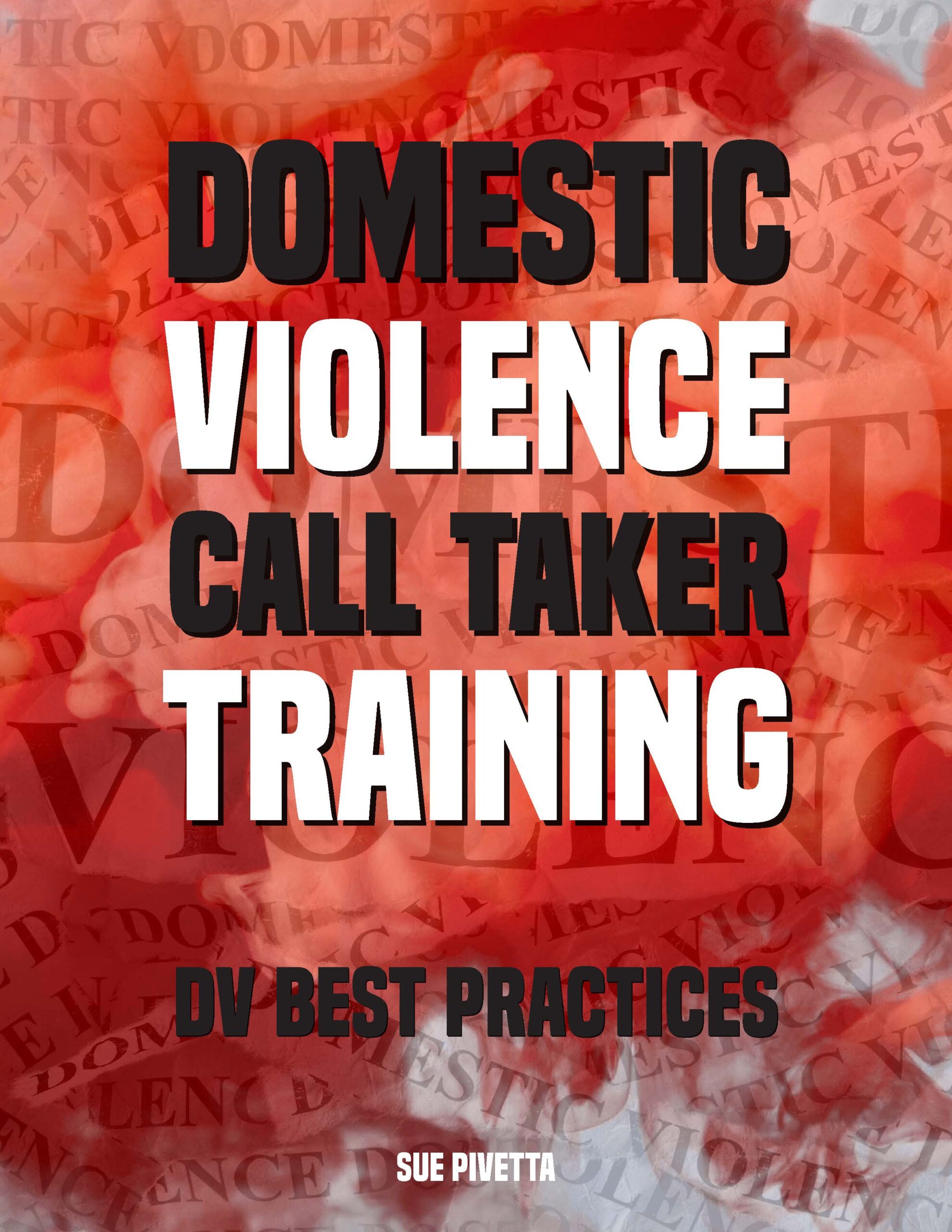Description
Understanding Domestic Violence: Empowering Compassion Over Judgment
This profound training project delves into one of society’s most pressing social issues: domestic violence. It aims to expand call takers understanding of the intricate dynamics surrounding victims and abusers by focusing on the fundamental question of human behavior—“Why doesn’t she leave?” Rather than perpetuating blame on victims who repeatedly call for help, the training emphasizes compassion and understanding of the abuser’s mindset. By integrating self-directed learning, participants will engage with critical questions about the nature of such relationships and discover the layers of emotional entrapment that inform victims’ decisions.
Using a blend of existing resources and innovative insights, the training provides vital information about best practices for telecommunicators, emphasizing that the most impactful learning occurs through personal reflection and shared experiences. Resource materials include the 911 Emergency Communications manual, expert PowerPoints, and discussions that encourage participants to empathize with those impacted by violence rather than resorting to judgment.
Ultimately, this project offers a perspective shift crucial for professionals in the field, advocating for a deeper understanding of the emotional, psychological, and social complexities of domestic violence. Instead of asking why victims don’t leave, participants will learn to explore the deeper question of why individuals choose to inflict harm and how best to support those seeking help. Through this lens, the training serves to foster a more empathetic approach to resolving one of today’s critical issues surrounding domestic abuse.
The call taker is the first unit on the scene and vitally important to the safety of the responders. What must be done, said and how should these calls be handled. Is the call taker’s belief systems and attitude important to these types of calls? Absolutely. Call Takers should be trained to the highest level by those who know. This book has information directly from DV experts teaching to 9-1-1 academies. Please offer this book to your agency today, invest in knowing more.
EXCERPT Those who don’t understand DOMESTIC VIOLENCE MAY say things like, “I’d leave him in a heartbeat if he ever hit me — it would only take one time!” In training in Colorado, a dispatcher asked us the same thing. He said this woman calls time and time again, and he sends officers time and time again. He felt judgment against her, he felt frustrated and confused. Not only did he blame her for her circumstances because she didn’t ‘get out’ he blamed her for the burden she caused the public safety system. My short answer was to have compassion instead of judgment. Judgment causes the Judge to feel there is badness to her actions of calling for help. Would he feel the same for an asthma patient who calls when they can no longer breathe? But, we all judge others based on what we would do. Do you know what you would do under similar circumstances? Are there certain types of people who would leave and others who would not? Sue Pivetta

